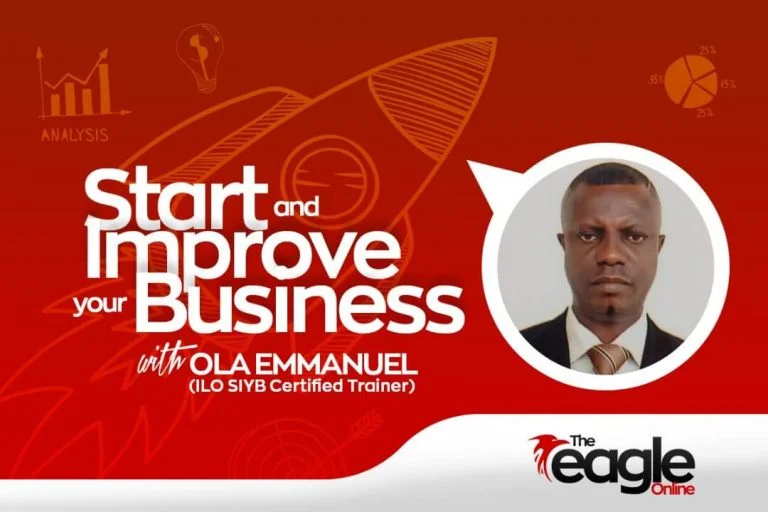When we study to write exams as students, we all know what it takes to internalize and reproduce those subjects we love so much. We speak the messages we receive (by studying) with glee and speak the terms and concepts to show that we are on top of the subjects. This is how it is with investments and wealth creation. As a new person in interested in wealth creation, you want to deploy your talent(s), or you prefer to turn learned capacity to money, or your best bet is to open a shop for products’ sales. Either by self contact and direct usage of energy or by positioning yourself for margins, brokerages and/or to earn returns on deployed funds, whatever your choice may be, you can’t create wealth if you don’t understand and cannot speak the language of wealth. You must be able to not only understand the terminology, you must internalize the terms and be able to speak the language of wealth creation. If you can’t yet, you may not be able to make money and create wealth as you believe you should. If you cannot speak the language, the journey is still very far ahead.
You must internalize the language of wealth creation and let it become your everyday language. It is then you are on your way to becoming a real wealth creator. The first step to gaining financial freedom is by first learning the basics. The next step is by applying the basics you have learnt. Thankfully, what we are doing through this column is for you not only to learn financial freedom basics in quick, manageable way but you’re also taken through how to apply them in your everyday living. When you engage in economic activities, you want to earn money. You don’t want to lose money. This column equips you with first steps in your financial journey to enable you make easiest leaps and, with what we are doing, you’ll be able to learn how to manage money better. The idea of investing money when there’s also a risk of not getting a payout may make exercise some caution. Caution is fair because volatile markets are stressful. However, the fact is, volatility is the custom when it comes to investing. Let’s break it down: volatility means a market can move up or down. When you accept volatility as the norm and remember that upswings and downswings are natural behaviour of a market, it’s a lot easier to to feel at ease investing.
There are basic concepts you must understand if you want to engage in wealth creation. Let us examine some of the concept in this piece.
Assets: An asset is any resource (tangible or intangible, owned or controlled) that is of value. In other words, assets contain value that can be converted into money. An individual, company, or country can own or control assets, which include things like cash, investments, art, technology, real estate, and intellectual property. If I may ask, can you say you have any asset, anything of value that can be converted to cash? Without the assets, wealth creation may be a difficult task to accomplish or a goal that is not achievable.

Budget and budgeting: A budget is a plan about how you will use an income to meet financial obligations. It tracks how much income a person receives and details how that money will be allocated to pay for expenses, build savings, and meet financial goals.
Market Survey (also known as comparison shopping) is a conscious efforts that consumers deploy to save money on their purchases. This is by comparing the prices of similar products to determine which is least expensive. As I always say, you are not doing anybody any favour by buying expensive things. If indulge in buying expensively, especially to make a statement of status, you are only celebrating your mediocrity.
Credit: Credit is a financial arrangement in which money is borrowed for a purchase and paid back at a later date. It allows consumers to make purchases that they wouldn’t be able to afford if they had to pay the full price in one installment. By spreading the cost over time, credit enables borrowers to make big-ticket purchases such as homes and vehicles. Common forms of credit include loans and credit cards.
Creditworthiness: Creditworthiness takes into account your access to funds. It is a term that refers to how much confidence a lender can have in your (as a borrower) ability to repay a loan. Creditworthiness is primarily determined by how well a borrower has managed previous debt obligations. Ideally before anybody can borrow you money he/she will take your credit worthiness into consideration, otherwise he will be given you money based on emotions.
Ola Emmanuel is a business planning and cooperative consultant


